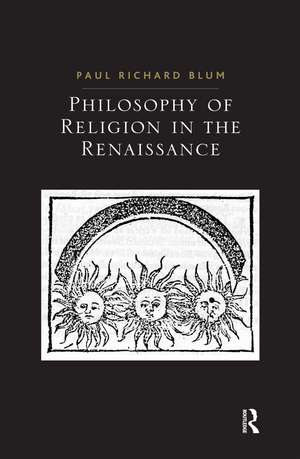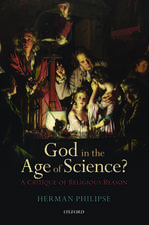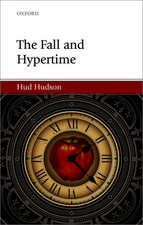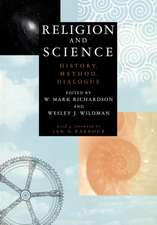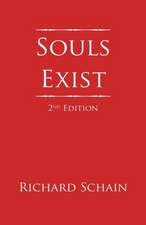Philosophy of Religion in the Renaissance
Autor Paul Richard Blumen Limba Engleză Paperback – 14 aug 2020
| Toate formatele și edițiile | Preț | Express |
|---|---|---|
| Paperback (1) | 383.93 lei 6-8 săpt. | |
| Taylor & Francis – 14 aug 2020 | 383.93 lei 6-8 săpt. | |
| Hardback (1) | 1058.65 lei 6-8 săpt. | |
| Taylor & Francis – 18 mar 2016 | 1058.65 lei 6-8 săpt. |
Preț: 383.93 lei
Nou
Puncte Express: 576
Preț estimativ în valută:
73.46€ • 76.71$ • 60.66£
73.46€ • 76.71$ • 60.66£
Carte tipărită la comandă
Livrare economică 15-29 aprilie
Preluare comenzi: 021 569.72.76
Specificații
ISBN-13: 9780367596941
ISBN-10: 0367596946
Pagini: 222
Dimensiuni: 156 x 234 x 12 mm
Greutate: 0.32 kg
Ediția:1
Editura: Taylor & Francis
Colecția Routledge
Locul publicării:Oxford, United Kingdom
ISBN-10: 0367596946
Pagini: 222
Dimensiuni: 156 x 234 x 12 mm
Greutate: 0.32 kg
Ediția:1
Editura: Taylor & Francis
Colecția Routledge
Locul publicării:Oxford, United Kingdom
Cuprins
Contents: Preface; From faith and reason to fideism: Raymond Lull, Raimundus Sabundus and Michel de Montaigne; Nicholas of Cusa and Pythagorean theology; Giordano Bruno's philosophy of religion; Coluccio Salutati: hermeneutics of humanity; Humanism applied to language, logic and religion: Lorenzo Valla; Georgios Gemistos Plethon: from paganism to Christianity and back; Marsilio Ficino's philosophical theology; Giovanni Pico against popular Platonism; Tommaso Campanella: God makes sense in the world; Francisco Suárez - scholastic and Platonic ideas of God; Epilogue: conflicting truth claims; Bibliography; Index.
Notă biografică
Paul Richard Blum is T. J. Higgins, S.J., Chair in Philosophy at Loyola University Maryland, USA
Recenzii
Prize: A Choice Outstanding Academic Title for 2010 ’Blum offers a meticulous yet invigorating study... arguably the finest book-length treatment of its subject currently available. Summing Up: Essential.’ Choice 'Blum's Philosophy of Religion in the Renaissance is a welcome addition to the shelves of anybody interested in the philosophy of religion. ... The book is very well written and richly footnoted; it is accessible both to the scholar and the lay reader. I highly recommend this book...' Theological Book Review '...this is a very readable book. ...makes a significant contribution to the discussion on the development of philosophy during the period, and helps us better understand how this development was to become a foundation for later developments in both the Reformation and modern era.' Studia Historiae Ecclesiasticae 'Blum should be congratulated for this. It is a joy to read through these ideas and to be exposed to such a treasure. ... Philosophy of Religion in the Renaissance should find a respected place in academic libraries as a useful source book which points toward other avenues for future research.' New Blackfriars 'Little is known about the historical origin and evolution of philosophy of religion as an independent philosophical discipline, and so a study of its roots in Renaissance thought is a welcome contribution to the field as a whole. Furthermore, an investigation of a significant, yet understudied aspect of Renaissance theology and philosophy- that is, how Renaissance thinkers dealt with competing religious claims and what resolution strategies they devised - adds immensely to our understanding of Renaissance culture and the birth of modernity. Blum shows masterfully that philosophy of religion is indeed one of the outcomes of the early modern Reformation movement.' Sixteenth Century Journal ’...a serious engagement in the way thinkers at the time dealt with problems concerning God, revelation, and religion qua religion, and
Descriere
The Philosophy of Religion is one result of the Early Modern Reformation movements, as competing theologies purported truth claims which were equal in strength and different in contents. Renaissance thought, from Humanism through philosophy of nature, contributed to the origin of the modern concepts of God. This book explores the continuity of phil
